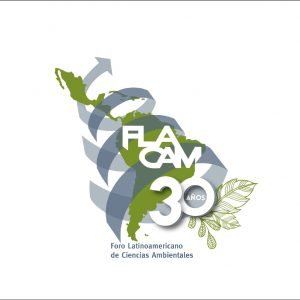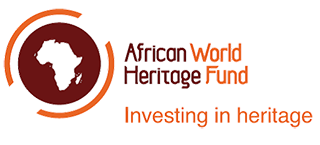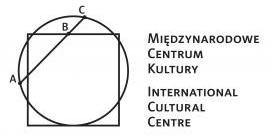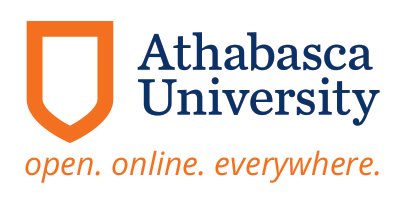Sustainability
“Our Sustainable Heritage: World Heritage conservation as a more sustainable form of development”
The implementation of the WH Convention today does not achieve a true alignment between protection of Outstanding Universal Value and sustainable development, allowing misinterpretations of the latter to undermine the former. An improved understanding and practice of interpreting, assessing and managing development in WH sites is urgently needed to remedy this situation.
World Heritage is a medium to achieve our transformation into more locally empowered, just and resilient societies. Development processes can and should be reconfigured to fully reflect the contribution of heritage conservation, in a more sustainable form of development grounded in Outstanding Universal Value, managed with transparency, dialogue and understanding.
The criteria to inscribe and manage World Heritage need to fully incorporate sustainability. This will ensure conservation for the future, through globally shared values and multiple ways of knowing (Indigenous and non-Indigenous).
Cultural heritage WITH Natural heritage WITH Society:
PEOPLE: Sustainability of custodial capacity, through building communities’ “social capital” and strengthening the governance system, with a focus on civil society and communities, to ensure transparency, communication, mutual respect and dialogue in managing development;
PLANET: Sustainability of the landscape-environment, bridging the culture-nature divide, putting conservation in wider ecological and social contexts, reducing the risks of environmental degradation and climate change;
PROSPERITY: Sustainability of the local economy, engaging with the interaction between protecting heritage and economic growth, and clarifying the relationships among heritage, modernity and economic development, with a focus on reciprocal benefits.

Discussions around the mission of OWH debates and the drafting and implementation of the UNESCO World Heritage and Sustainable Development Policy.
The UNESCO World Heritage Convention is an important international treaty that has for almost 50 years played a major role in expanding heritage legislation worldwide and identifying and promoting the protection of a growing list of the World’s most unique sites – both cultural and natural. Today, however, this instrument is becoming a victim of its own success. OurWorldHeritage seeks to renew the original spirit and mission of the World Heritage Convention, by engaging citizens, civil society groups and professional and academic organizations.
The OurWorldHeritage Sustainability Team, with the motto ““Our Sustainable Heritage: World Heritage conservation as a more sustainable form of development”, has organized an intensive month of debate on Sustainability and Heritage, illustrating the challenges and solutions for integrating heritage and sustainable development, to explore the key concepts of sustainability in World Heritage: People, Planet, Prosperity, and Peace. We will explore how development processes can be reconfigured to reflect the contribution of heritage conservation, in a more sustainable form of development grounded in Outstanding Universal Value, managed with transparency, dialogue and understanding.
This month-long debate features events addressing the themes of heritage interpretation, landscape, Indegenous heritage, heritage and climate change, heritage as social capital and participation, alternative economic and governance models, and heritage and youth, as well as a wide selection of case studies to provide insights and lessons from practice. The debates will lead up to a major global event and conference on the future of the world’s heritage in April 2022, on the occasion of the 50th anniversary of the UNESCO World Heritage Convention.
The inaugural session brings together prominent experts active in the field of World Heritage and sustainable development, cutting across professional backgrounds to set the scene for a discussion on how World Heritage can be used as a medium to achieve our transformation into more locally empowered, just and resilient societies. The session will frame discussions around the mission of OWH debates and the drafting and implementation of the UNESCO World Heritage and Sustainable Development Policy.
MODERATOR: Dr. Ege Yildirim - urban planner and heritage conservation specialist.
RAPPORTEUR: Jana Das Chaudhuri - Architect and Heritage Management Specialist.
SPEAKERS
UNESCO and C2C Perspectives:
Jyoti Hosagrahar - Deputy Director for the World Heritage Centre at UNESCO.
Souayibou Varissou - Archaeologist and heritage conservationist.
Background of OWH’s emergence:
Francesco Bandarin - Architect and Urban Planner, former Director of the UNESCO World Heritage Centre.
Message and Approach of the OWH-Sustainability Team:
Dr. Ruben Pesci - President of FLACAM (Latin American Forum of Environmental Sciences)
Dr. Pamela Durán Díaz - Architect and scientific researcher at the Technical University of Munich in Germany.
Academic Expert Perspectives:
Prof. Sophia Labadi - Professor of Heritage at the University of Kent in the UK.
Dr. Peter Bille Larsen - lecturer in heritage, sustainability, rights and international governance at the universities of Geneva and Zürich.
ORGANISERS:

Agata Wąsowska-Pawlik









































